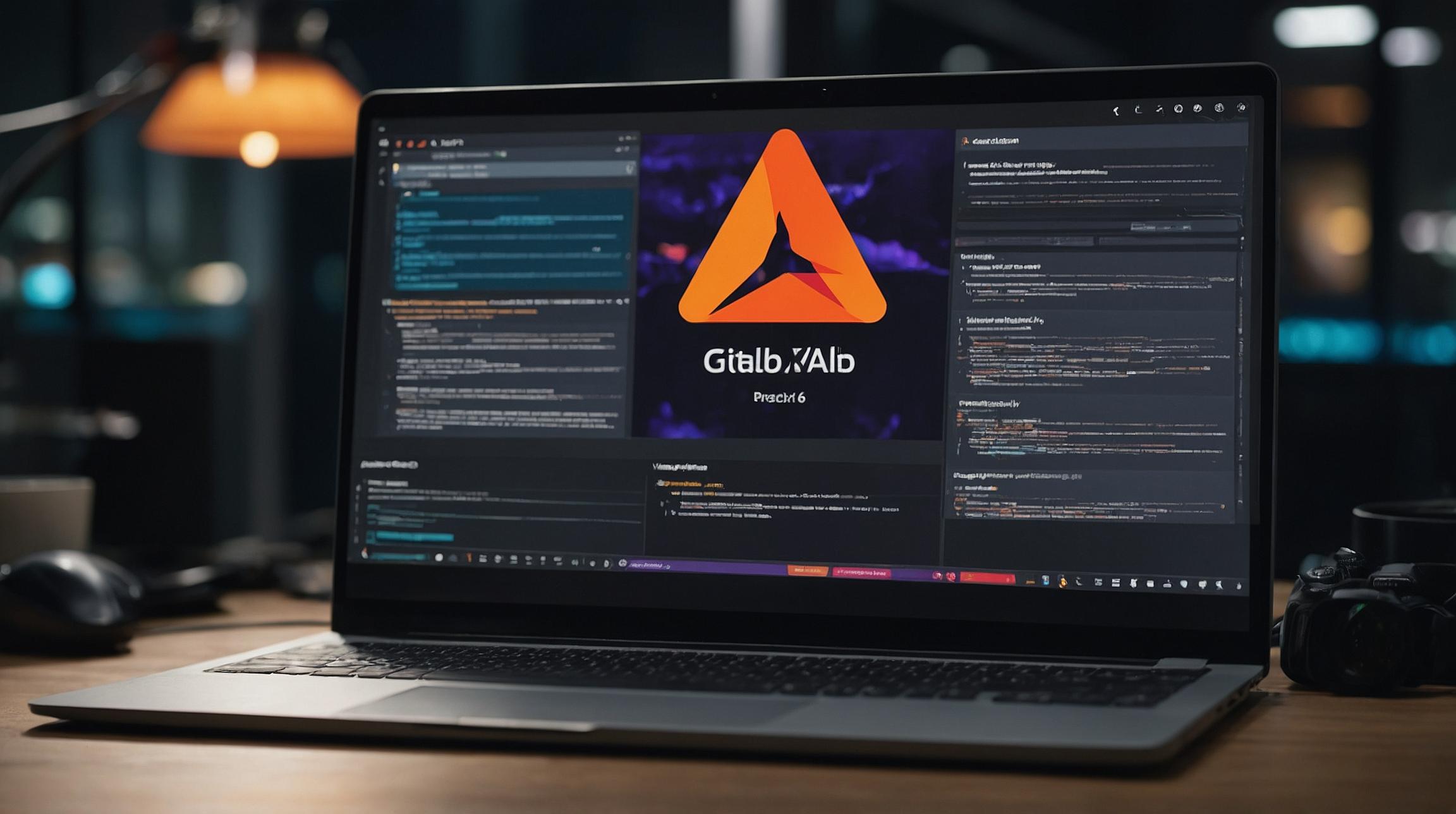Addressing the Last Mile Delivery Challenge
Shashwat Murarka, Doorstep’s CEO, conceived the idea for the startup during his college years after experiencing frequent issues with misplaced food deliveries. Frustrated by the lack of accurate indoor tracking, Murarka identified a critical blind spot in the delivery supply chain: the final stretch inside buildings where GPS signals falter. Determined to find a solution, Murarka studied the delivery process, personally conducted deliveries, and, alongside co-founder Sheel Patel, launched Doorstep to tackle this overlooked problem.
Innovative Sensor-Based Tracking Solution
Doorstep integrates seamlessly with existing food delivery platforms such as Uber Eats and DoorDash. Utilizing phone sensors, the technology accurately detects when a driver enters a building, rides an elevator, and arrives at the specific doorstep. This granular tracking data enables delivery platforms to automate dispute resolution and validate deliveries with precision, effectively eliminating confusion caused by missing orders and unclear proof-of-delivery images.
“Our technology gives customer support teams the visibility they’ve been missing, providing real-time, verifiable data on what actually happens inside buildings to resolve refunds automatically,” Murarka explained. Importantly, Doorstep maintains strict privacy standards, refraining from collecting any personal information of drivers or customers, aligning with existing platform policies.
$8 Million Seed Round to Accelerate Growth
On September 25, 2025, Doorstep announced the close of an $8 million seed funding round led by Canaan Partners. The rapid fundraising effort, completed within a week, also included investments from Antler, Cercano Management, Cassius, and Kleiner Perkins scout Sean Henry. Murarka described the fundraising journey as relentless, recalling early days where he stayed overnight at the Antler accelerator office in New York City to push the startup forward. The fresh capital will be deployed to transition Doorstep’s technology from pilot phases into full-scale production, alongside expanding the engineering and product teams.
Positioning Against Hardware-Based Competitors
Doorstep competes primarily with hardware-centric solutions such as building sensors, lockers, and surveillance cameras. Murarka points out that these alternatives are costly and slow to implement at scale, whereas GPS technology, while effective outdoors, fails indoors. By leveraging sensor data from drivers’ smartphones, Doorstep offers a scalable and cost-effective alternative already operational across all U.S. states.
Restoring Trust in the Delivery Ecosystem
Beyond resolving delivery disputes, Murarka emphasizes Doorstep’s mission to rebuild trust among platforms, drivers, and customers. He highlights the critical role of drivers as the backbone of delivery services and aims to ease their workload through enhanced tracking transparency.
“Drivers are the backbone of delivery platforms, and having experienced those challenges ourselves, we hope to make their work easier through Doorstep,” Murarka said.
FinOracleAI — Market View
Doorstep’s innovative approach addresses a persistent pain point in last-mile delivery logistics by enhancing indoor location accuracy without relying on expensive hardware. This positions the company well to capture significant market share as demand for reliable food delivery continues to grow.
- Opportunities: Expansion into broader delivery sectors beyond food, partnerships with major platforms, and scaling technology internationally.
- Risks: Competition from emerging indoor tracking technologies and potential privacy concerns despite current safeguards.
- Growth Drivers: Increasing consumer reliance on delivery services and rising expectations for transparency and dispute resolution.
- Challenges: Maintaining seamless integration with diverse delivery platforms and ensuring accuracy across varied building infrastructures.
Impact: Doorstep’s technology promises to reduce delivery disputes, enhance operational transparency, and strengthen trust across the delivery ecosystem, representing a positive development for platforms, drivers, and consumers alike.













